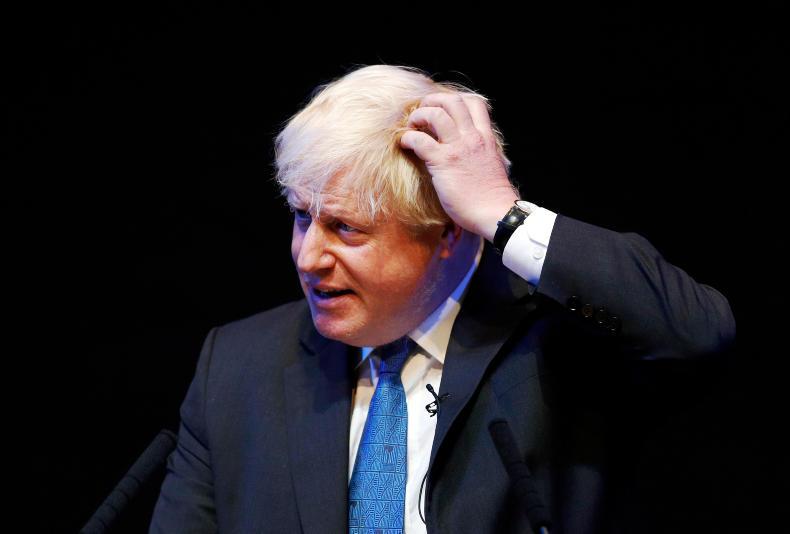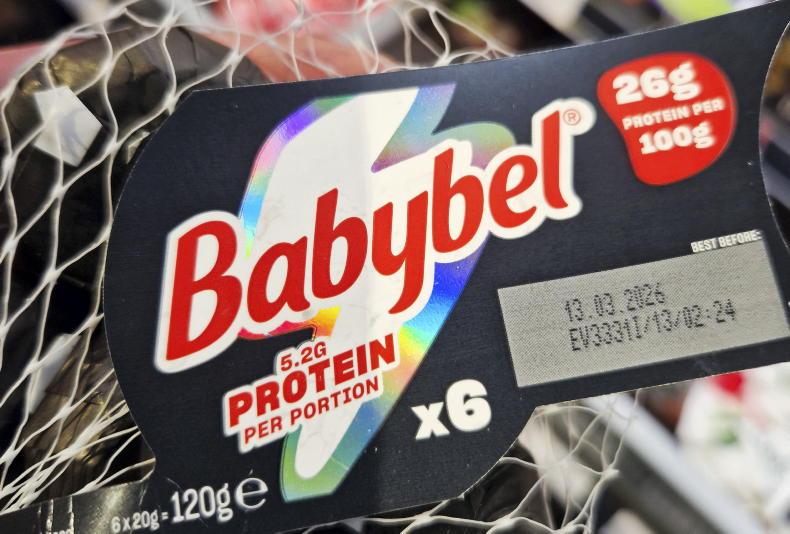The pound sterling has slumped to its weakest level in almost two years as tensions rise between Dublin and London over Brexit.
On Tuesday, the value of sterling relative to the euro fell close to £0.92, which is the weakest level the UK currency has traded at since August 2017.
A weak sterling is bad news for Ireland’s agri-food industry, with almost one-third of Irish food and drink exports destined for the UK market each year.
Over 50% of Irish beef and cheese is exported to the UK market. A weaker sterling makes Irish exports much less competitive on retail shelves and erodes margins for food companies and farmer co-ops.
Financial markets are growing increasingly nervous about the likelihood of the UK crashing out of the EU in a no-deal Brexit on 31 October and have sent the pound sterling tumbling in recent days.
Tense
Relations between An Taoiseach Leo Varadkar and UK prime minister Boris Johnson are growing increasingly tense after both sides traded comments over the weekend on Brexit.
Almost a week after Johnson took over at Downing Street, the UK prime minister and Varadkar finally spoke by phone on Tuesday morning. In the call, Varadkar emphasised to his UK counterpart that the EU remained united in its view that the withdrawal agreement could not be reopened and the Irish backstop would remain in place in any deal.
Boris Johnson reiterated his view that the UK would not sign any deal that included the backstop and said the UK would leave the EU on 31 October regardless of whether a deal is struck.
The polarised positions of both leaders has spooked financial markets over the last week and sterling has weakened accordingly. The yields on Irish bonds (Irish Government debt) have also risen as investors worry over the potential impact a no-deal Brexit will have on Ireland’s economy.









SHARING OPTIONS